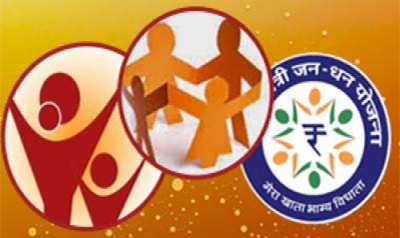Public Programs, Social Safety Nets and Food Security in Rural Bihar: Dimensions, Interactions and Reform Options
Principal Researchers:
Dr. Sunil Kr. Mishra and Dr. Swati Dutta
Theme: Security and Vulnerability
Sponsors: International Food Policy Research Institute (IFPRI)
Aims & Objectives: Food insecurities in Bihar continue to persist notwithstanding recent achievements in poverty reduction and improvement in few other social indicators. According to the Food Security Atlas of Rural Bihar, 12 districts of the state have been identified as either severe or extremely food insecure.
Methodology: The study conducted both secondary and primary surveys of 1000 households in rural Bihar,
Findings: The study found:
- The pattern of food security at household level reveals that most of the households depend on cereal consumption.
- There is huge inequality in expenditure on milk and milk products and other non-vegetarian items between poor and rich households.
- Overall household nutritional intake is very poor.
- Almost 19 percent of the households sleep in the same room where food is cooked, which will adversely affect their health in the long term.
- Only one-third of the adults and children use soap to wash their hands before eating which also adversely impacts the food absorption capacity of the body.
Recommendation: The study recommended:
- Public programs have an impact on the food security outcome of the households, and therefore, there is a need to include nutritional items under these schemes;
- Must increase the quantity of items being given in Anganwadi Centre (AWC);
- Additionally, better food such as ghee, milk and egg should be included in Mid Day Meal Scheme(MDMS);
- Specific state intervention policy is needed to improve the food security pattern of extremely food insecure districts.

